The Importance of Water Wells in Georgia's Farms
Water is the backbone of agriculture, especially in Georgia, where farming shapes a significant portion of the state’s economy. From peanuts to peaches, Georgia’s agricultural success depends on access to dependable water sources. One such solution— water wells —continues to serve as a vital resource, helping farms maintain productivity in both favorable and challenging conditions.
Ensure Consistent Water Access Year-Round
Unpredictable weather patterns, including droughts, can severely impact Georgia’s crops. With water wells, farmers are able to secure a reliable water supply throughout the year, even during dry spells. This consistent access reduces the risk of crop failure and helps maintain stable yields, which in turn supports Georgia’s food supply and rural economy. Wells enable farmers to control their irrigation schedules, ensuring crops receive the necessary hydration without relying solely on rainfall or limited surface water resources.
Lower Operating Costs with Efficient Systems
Beyond reliability, water wells offer significant economic advantages that directly impact a farm’s bottom line. According to IBISWorld, the Water Well Drilling Services market in the US was valued at $10.3 billion in 2024, underscoring the widespread reliance on groundwater systems as a vital agricultural resource. For Georgia farmers, this investment pays off in more ways than one. Many farms are integrating their well systems with modern, energy-efficient pumping technology that reduces electricity usage during irrigation. This can lead to substantial savings over time—especially considering that irrigation is often one of the largest ongoing expenses for farms.
These cost-saving benefits are particularly crucial for small- and mid-sized farms that operate within narrow financial margins. By reducing energy costs associated with water distribution, farmers can reinvest those savings into other critical areas such as equipment upgrades, crop protection, or workforce expansion. Additionally, well systems often reduce the need for expensive water delivery or usage fees associated with municipal or shared water sources, granting farmers more financial independence and control over their water usage.
Support Sustainability and Conservation
Sustainability is increasingly critical in today’s agricultural practices. Water wells allow farmers to better control how much water they use, helping to reduce waste and avoid overuse of surface water sources such as lakes or rivers. With groundwater pumping, farmers can align their operations with conservation efforts, preserving Georgia’s natural resources while preparing for long-term environmental challenges. This level of regulation is key to minimizing the agricultural sector’s ecological footprint.
Water wells are not just a tool—they are a necessity for modern farming in Georgia. They provide dependable access to water, support economic efficiency, and enable sustainable practices that protect the state’s future. For expert guidance, installation, or service, contact Middle Georgia Water Systems —your partner in securing the water your farm needs to thrive.

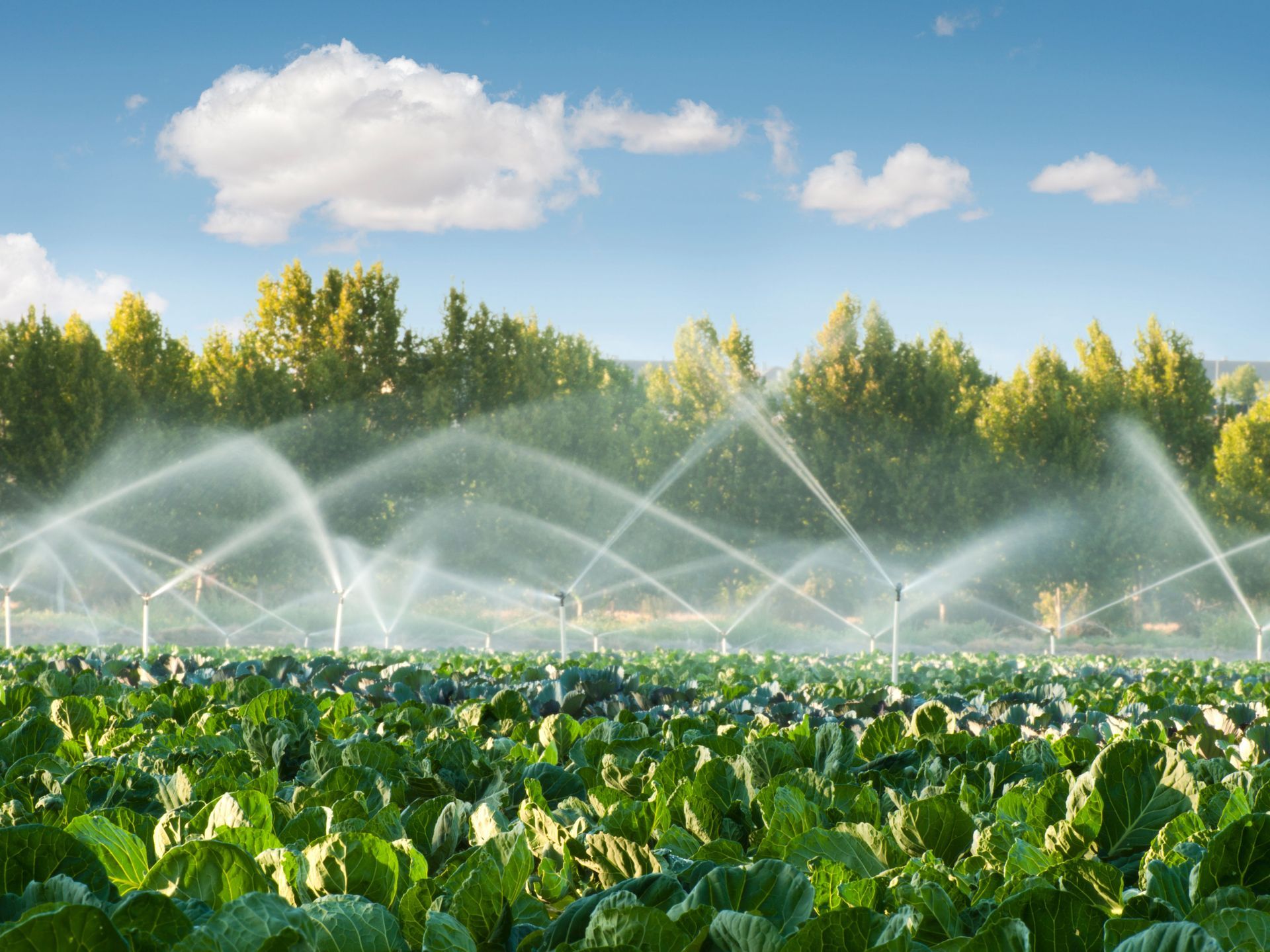

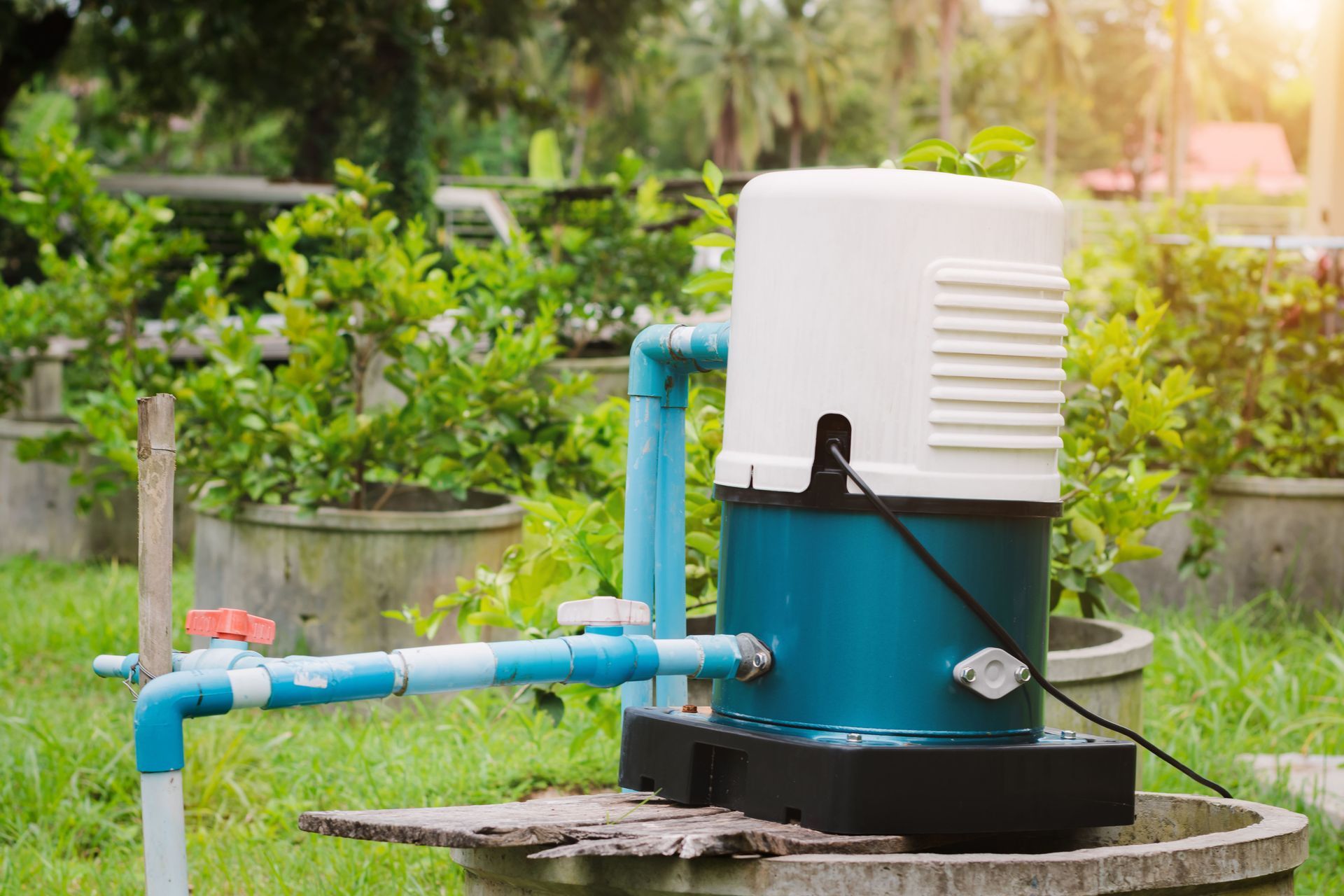

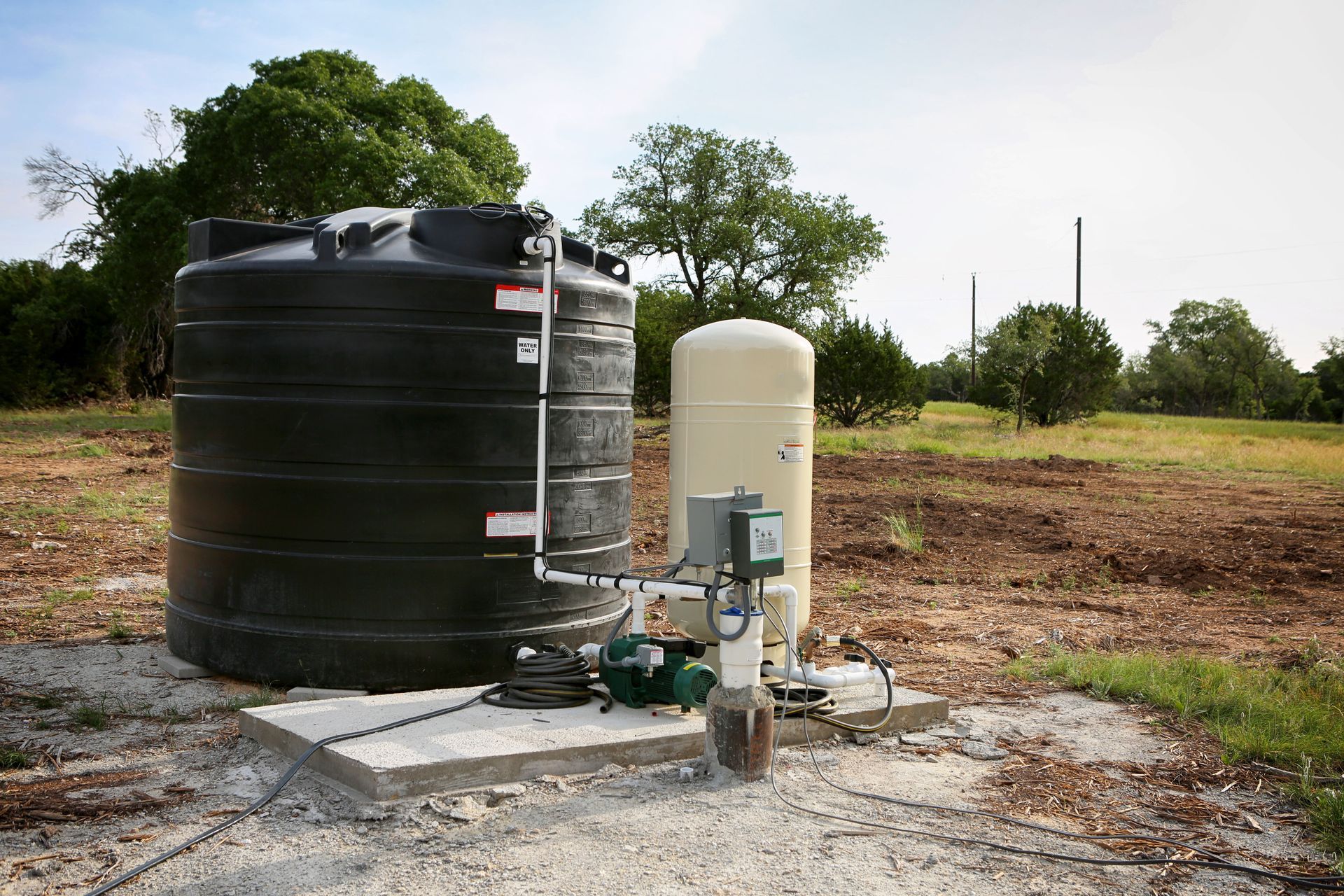
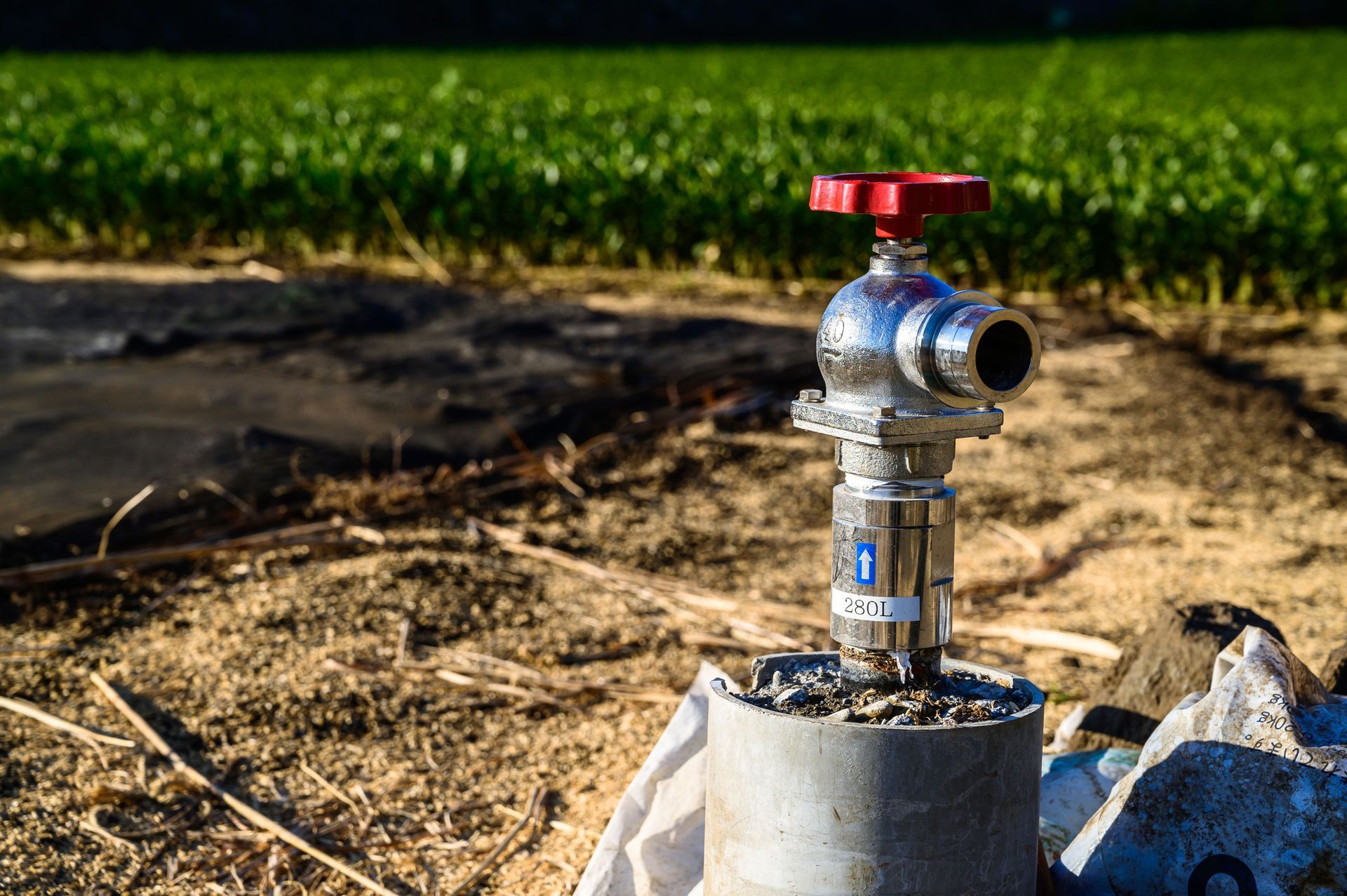
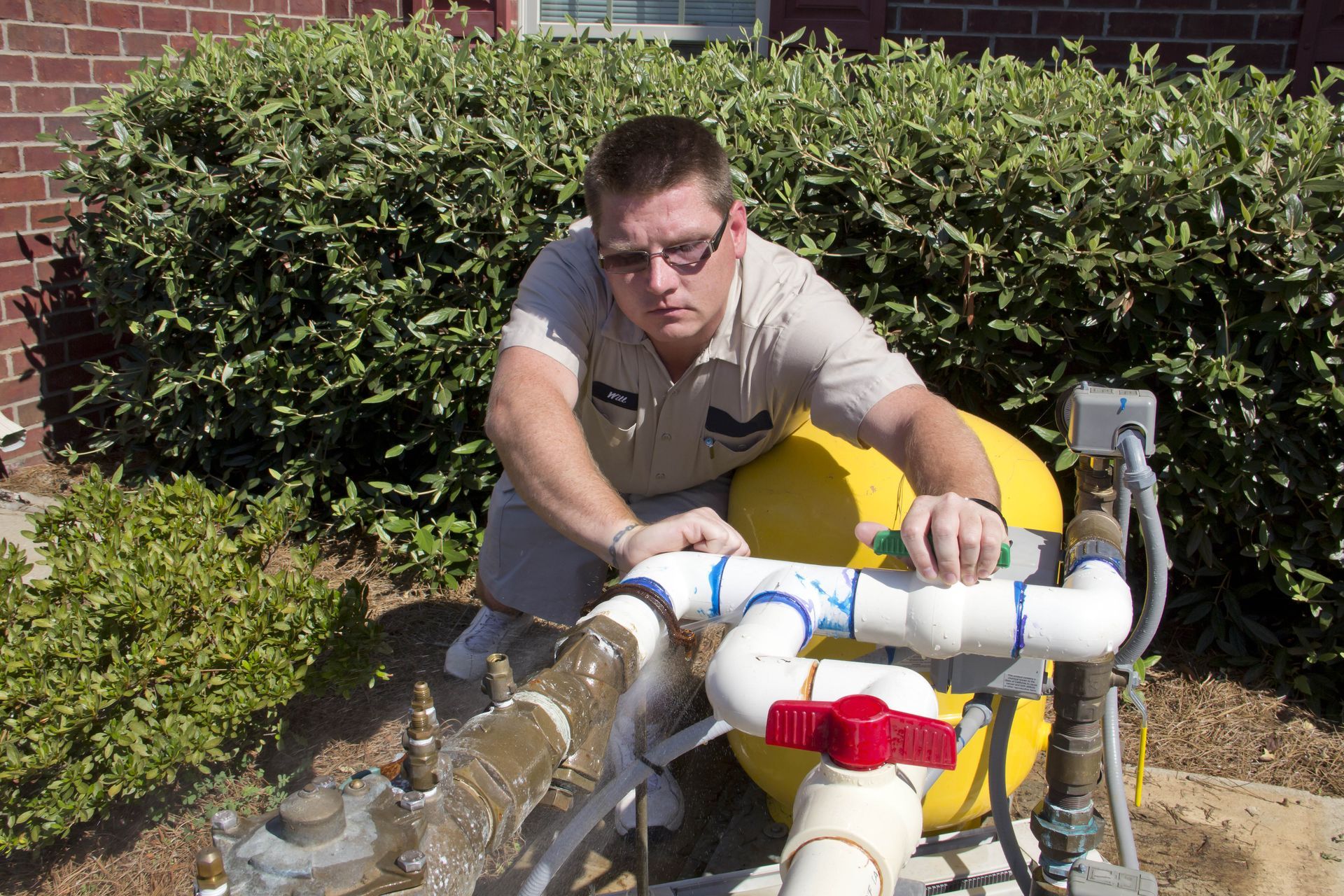
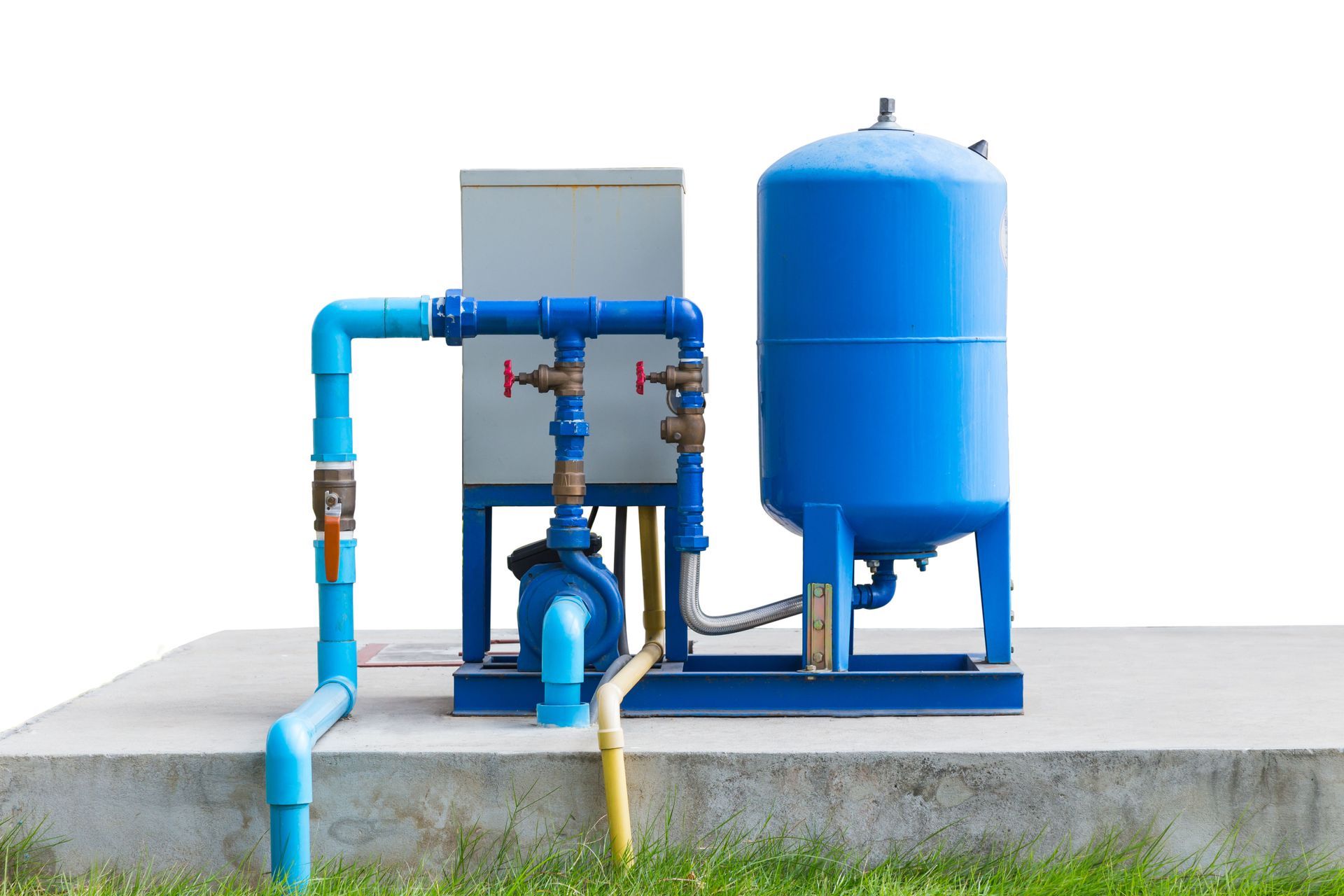

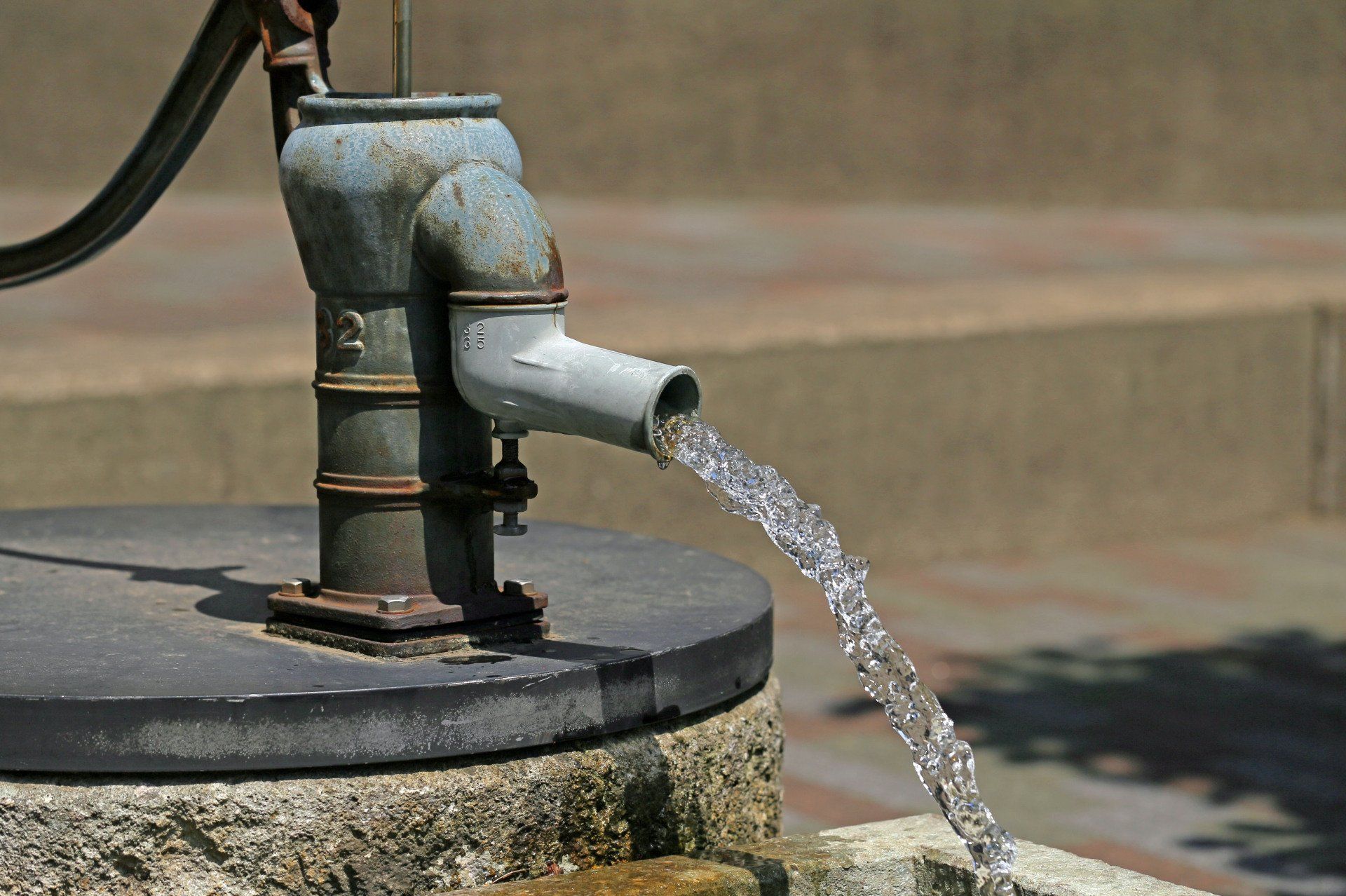
Share On: